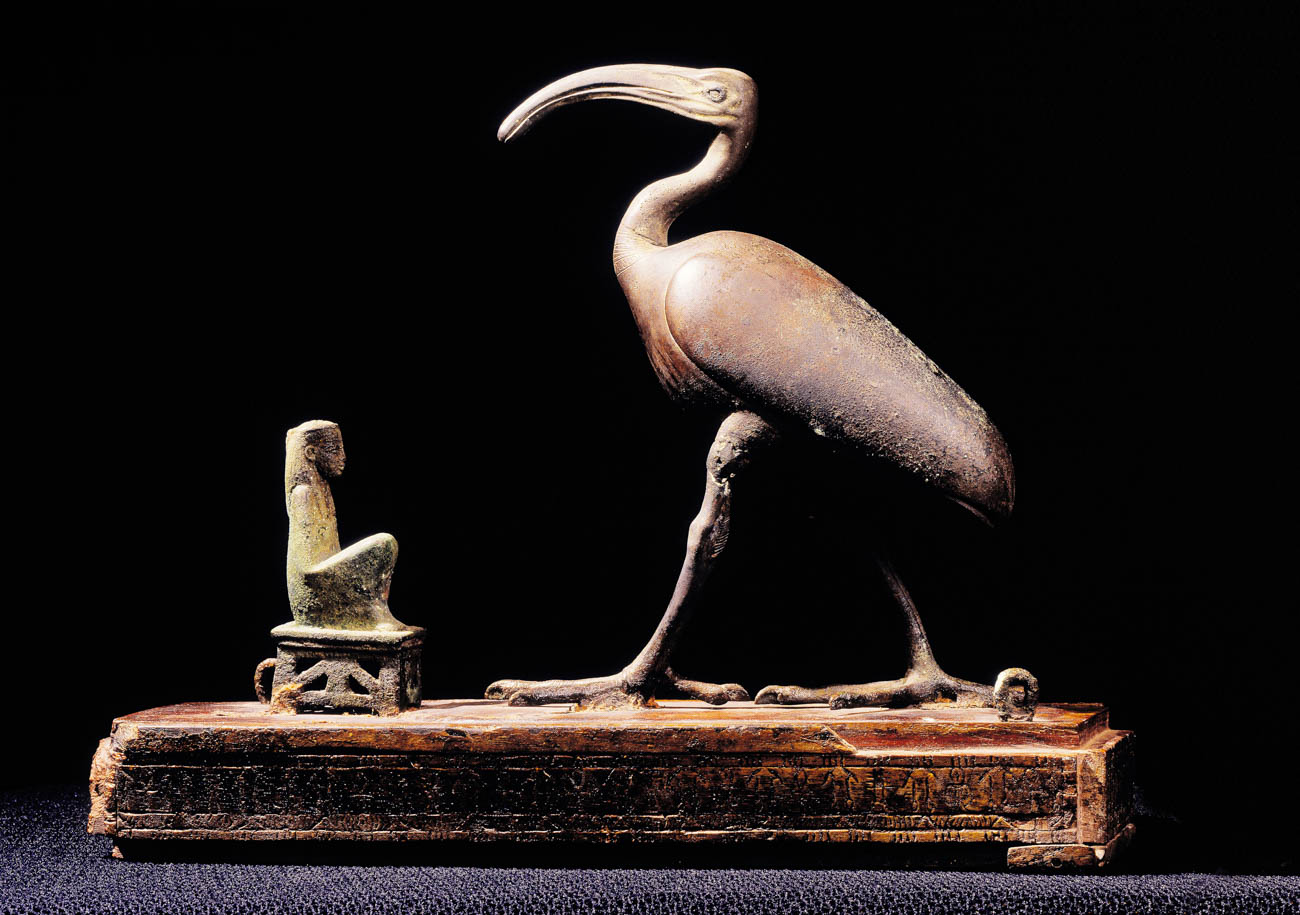Living in ancient Egypt
8.7 Crime and punishment

The Egyptians lived according to maat – a concept that implies proper balance, justice and order in the world. To ensure order in society, laws (hepu) were created and decrees (wedju) announced. Despite its importance, evidence for Egyptian law is rather scattered and is reconstructed from fragments of information found in court documents, royal decrees and fictional tales, among other sources. As a result, scholars still debate whether ancient Egypt even had codified state law, though a fragment of a law book has been found at Hermopolis, dated to the 3rd-century BC; this dealt with property leasing and inheritance rights.
Many crimes are attested in the sources, including burglary, fraud, tax evasion, murder and tomb robbery. Personal offences were often settled informally between the disputants with the help of respected members of the village. For civil cases, such as matters relating to property rights, the local villagers formed a court called a kenbet. In a land without lawyers, the claimant had to make his own case and question the defendant. At the end of proceedings, the court simply announced that ‘X is right, Y is wrong’. The court had no power to ensure that the judgement was fulfilled, and instead relied on social pressure; guilt had to be admitted and the judgement accepted. Oracles of the gods could also be approached to judge cases.
For criminal cases, government officials were sent to investigate; these reported to the vizier’s permanent court and the king, and had the power to arrest, detain and question suspects, including through torture. Crimes against the state had harsh penalties, including beatings, the twisting of limbs, mutilation, burning and impalement. Prisons existed but only as places of detention while punishment was decided.
Individual activity: Ancient Egyptian law
For an overview of the law in ancient Egypt, read pp. 229–31 in your textbook. Then read this article, ‘Law (Definitions and Codification)’ in the UCLA Encyclopedia of Ancient Egypt.
- What do we know about law in ancient Egypt?
- What evidence exists in different periods for Egyptian laws?
Now, read pp. 4–7 of ‘Law Courts’ in the UCLA Encyclopedia of Ancient Egypt. Summarise what we know about law courts in the New Kingdom. How would a legal case be conducted?
Optional activity: Tomb robbery investigation
The Abbott Papyrus bears an account of an investigation into tomb robbery at Thebes in the 20th Dynasty. To learn about these investigations, you may wish to read The Great Tomb-Robberies of the Twentieth Egyptian Dynasty by T. Eric Peet (if you want to read the translation of the Abbott Papyrus, skip to pages 37-42).
- What does this show us about the reality of life in ancient Egypt?
- Does it surprise you that some Egyptians would be willing to rob royal tombs, given that the king was regarded as semi-divine?